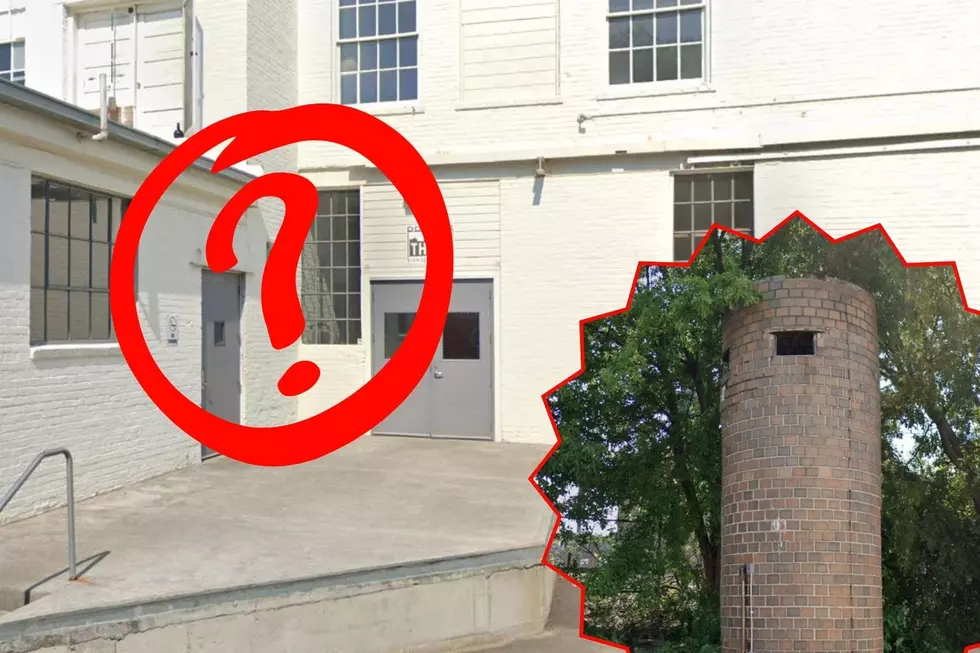
Scientists Creating Method To Break Down Drugs In Wastewater
MINNEAPOLIS (AP) - University of Minnesota researchers are developing a way to better foresee how drugs break down in wastewater.
Reports say that scientists from the Wackett Lab are using a predictive method to determine the correct enzymes that break down pharmaceuticals in water. The method calculates the likelihood that the drug can eventually break down.
There aren't any proven ways to get contaminants such as fire retardants and pharmaceuticals out of the water system before they get into lakes and rivers.
In the past, wastewater has been treated for naturally occurring chemicals, which are digested by microbes through a process called bioremediation.
For the study, researchers chose carbamazepine, a particularly difficult drug to break down that's widely-used treatment for epilepsy and ADHD.
More From AM 1240 WJON









